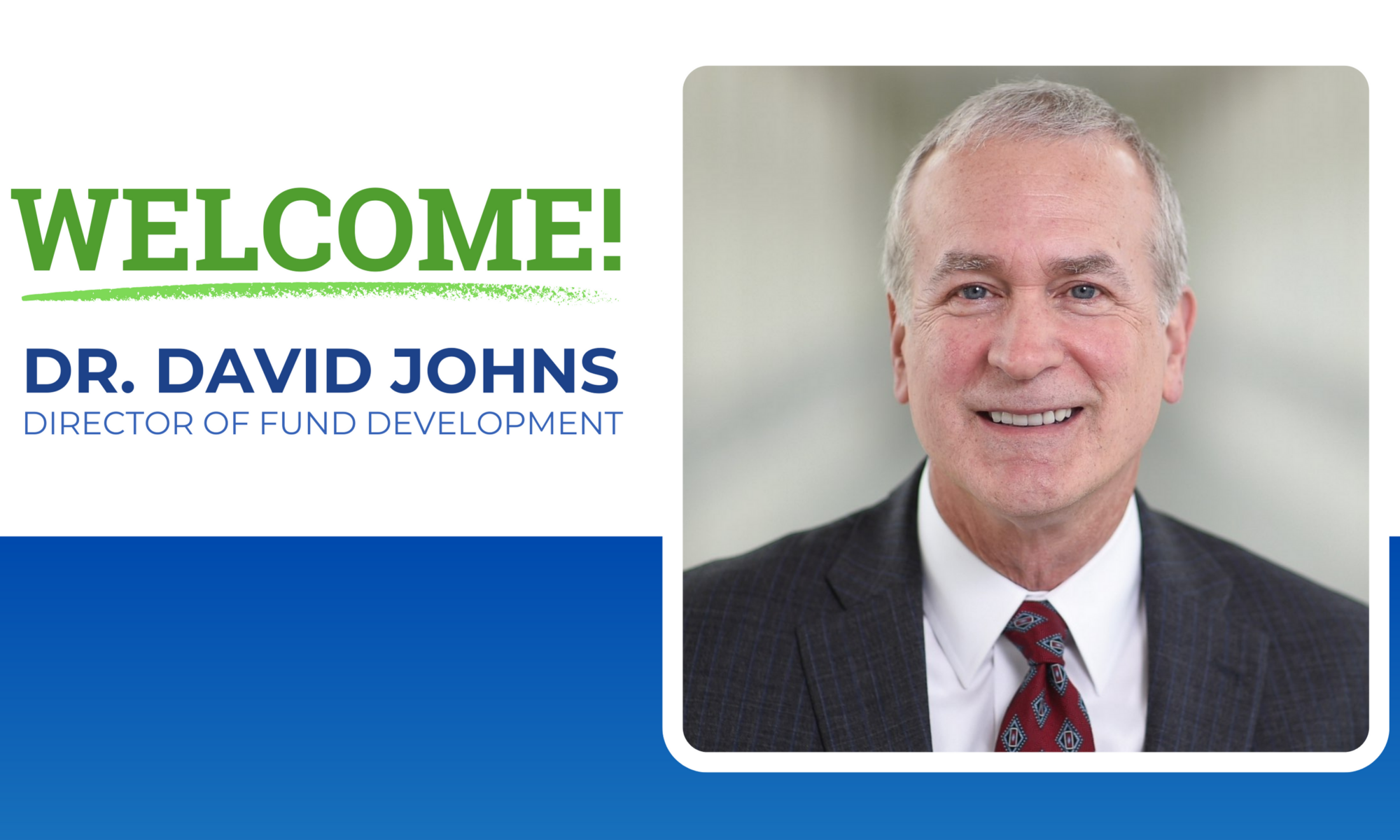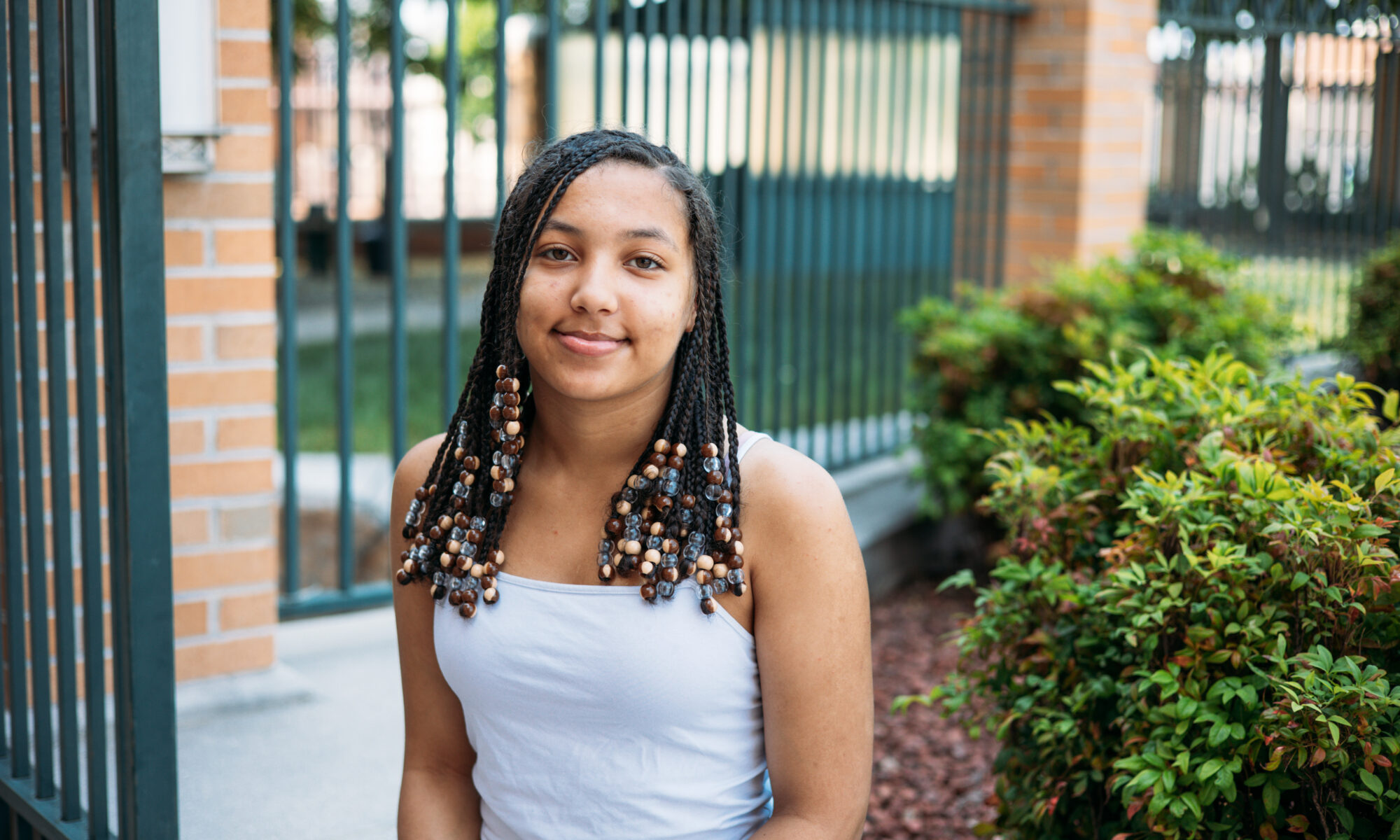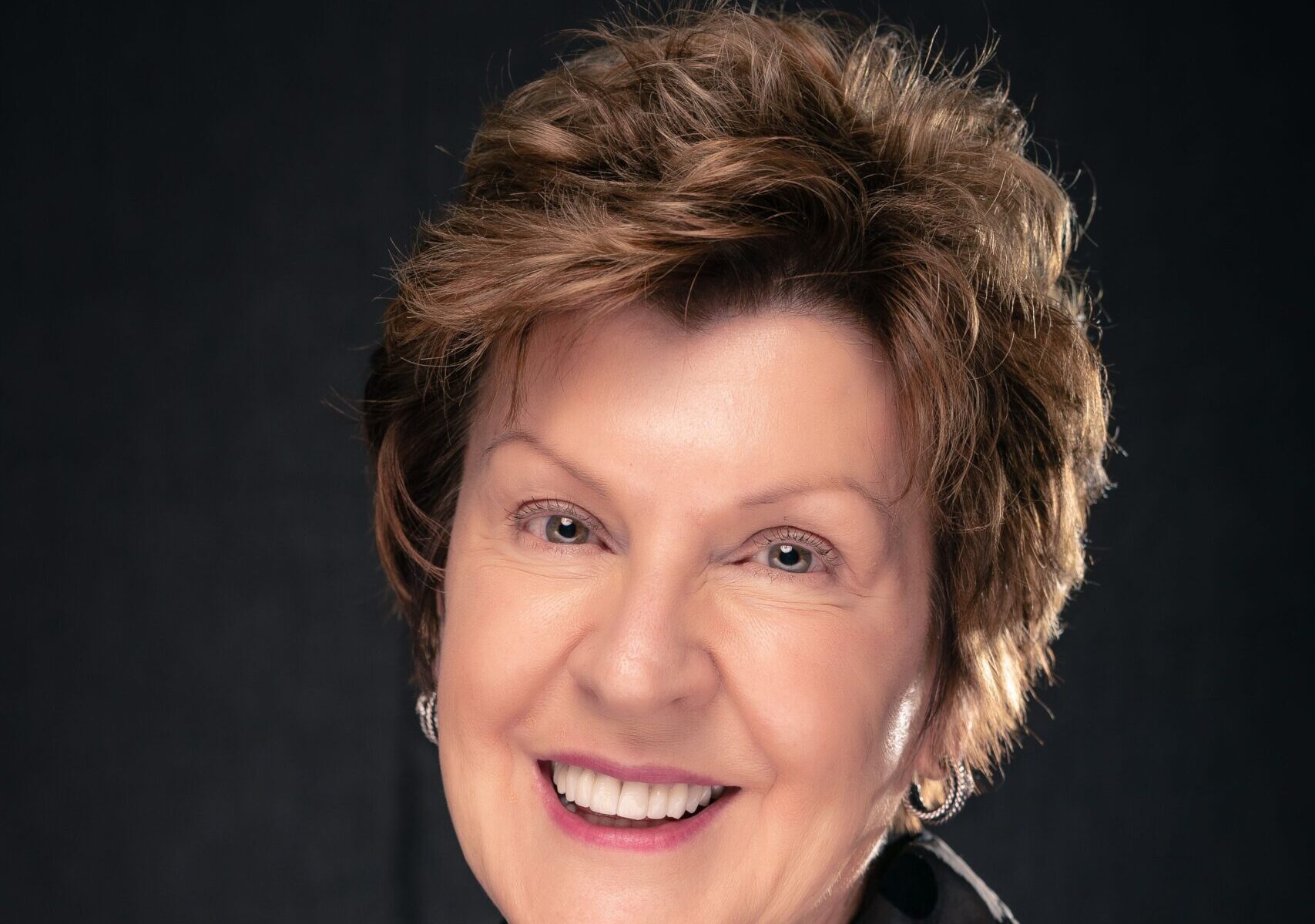Dr. Johns Joins the Team!
TAP has worked to improve the lives of those in our community for decades, from providing free childcare to protecting survivors of domestic violence to helping jumpstart new careers, and more. TAP has mostly relied on grant funding; however, grant restrictions make it difficult to provide all of the services that families need. Additionally, sometimes grants that meet major needs are discontinued adversely impacting the community. With more unrestricted funds, TAP can enhance its support of our community. For that reason, we’re excited to welcome Dr. David Johns, TAP’s newly hired Director of Fund Development!
Strengthening Local Communities
Dr. Johns graduated from Malone University with a degree in religious studies, earned master’s degrees in theology and library science, and was awarded a Ph.D. from Duquesne University. Dr. Johns then spent many years as a professor of religion and philosophy, teaching in Ohio and Indiana. He became increasingly involved with organizational leadership and became a college vice president in southeastern Kentucky. Most recently, Dr. Johns served as president of Ferrum College.
Throughout his career in higher education, Dr. Johns has been committed to improving the lives of those in need. After finishing his doctorate, he spent a sabbatical working with a nonprofit in Mexico City that focused on addressing poverty and strengthening local communities. As president of Ferrum College, Dr. Johns worked with local community leaders, elected officials, and other supporters to develop resources to support student success, especially students from families of great need. Throughout his administrative work in higher education, Dr. Johns has managed institutional budgets, overseen fundraising efforts, done strategic planning and assessment, and has been involved with alumni and community relations, all to support the institutions he has served.
Right at Home
Although he didn’t grow up in the area, Dr. Johns says that he and his wife, Susan, a speech therapist in the Roanoke City Public Schools, feel at home in the Roanoke Valley where they have lived for nearly six years. The mission of TAP resonates with him. Growing up in rural Appalachia, Dr. Johns has worked in and supported many small towns and communities. “It’s personal for me,” he notes. “If I had grown up in the Roanoke Valley, my family would have been served by TAP.”
We’re thrilled to have Dr. Johns join our family and look forward to seeing how his skill and passion for helping others can further TAP’s efforts in the communities we serve.



